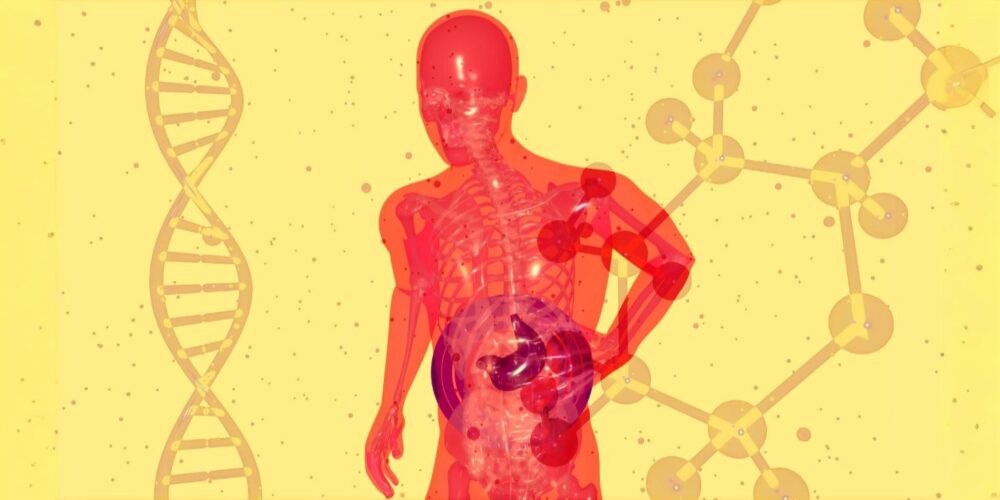Explainer: Understanding Irritable Bowel Syndrome
Author
Author
- admin / 2 years

- 0
- 2 min read

Author
There is no cure for IBS. However, dietary changes, medications, and therapies can help manage symptoms.
Living with Irritable Bowel Syndrome (IBS) can have a significant impact on daily life. Some individuals are able to cope better with their symptoms and lead fulfilling lives, while others find their symptoms draining, affecting their ability to work or engage in everyday activities.
Often misunderstood, yet common gastrointestinal disorder, IBS affects millions of people worldwide. It is characterised by a group of symptoms occurring together, including repeated pain in the abdomen and changes in bowel movements, such as diarrhoea, constipation, or both. The symptoms can be different for different individuals. Some may experience stomach cramps or bloating, while others may have to grapple with pelvic pain or headaches.
The exact cause of IBS – which has four subcategories – remains unknown, but several factors have been linked to its development. These include abnormal gut motility, oversensitive nerves in the gut, stress, and a family history of IBS. Triggers for IBS symptoms may also include certain foods or stress.
The diagnosis of IBS is made on the basis of symptoms and medical history. Doctors may suggest blood tests, stool samples, and possibly colonoscopy or abdominal CT scan to rule out other conditions.
Currently, there is no cure for IBS. However, dietary changes, medications, and therapies can help manage symptoms. Dietary modifications involve avoiding trigger foods and incorporating high-fibre foods. Medications such as antispasmodics, laxatives, or antidepressants may also be prescribed.
Although navigating IBS can be challenging, once you understand the nuances of the condition and seek guidance from qualified healthcare professionals, the journey gets better. It’s important to stay informed and take proactive steps to manage the symptoms, based on proven evidence-based practices.
(Medically reviewed by Dr Siti Fatimah, First Check member and General Practitioner based in Indonesia.)










